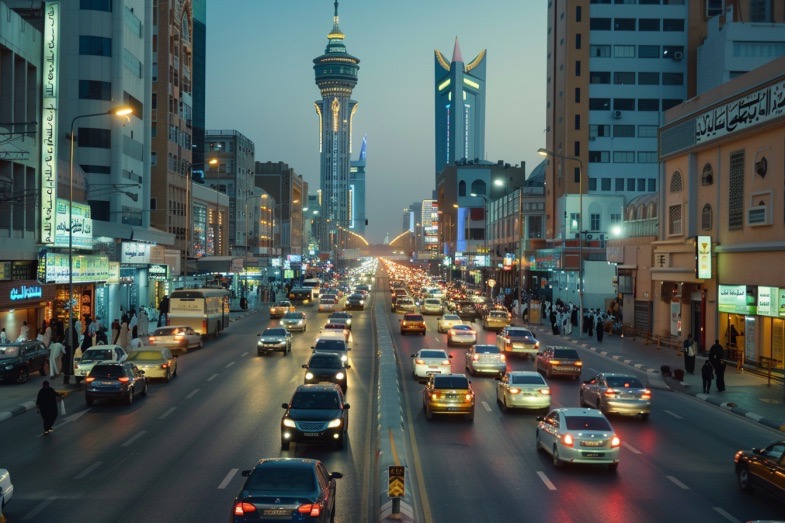Thai Court Removes Prime Minister Paetongtarn Shinawatra Over Controversial Phone Call
In a stunning turn of events, a Thai court has ousted suspended Prime Minister Paetongtarn Shinawatra from office, citing ethics violations stemming from a contentious phone call with Cambodia’s former leader. This decision has thrown the kingdom into a fresh wave of political chaos.
Background
Paetongtarn, a member of the influential Shinawatra political dynasty, made history by becoming the youngest prime minister of Thailand in August 2024. However, her tenure was short-lived, lasting only a year before the recent court ruling.
Ethics Breach
The Constitutional Court of Thailand, with a vote of 6 to 3, determined that Paetongtarn did not meet the constitutional requirements for holding office due to her actions during the controversial phone call. The call, which occurred amid escalating border tensions with Cambodia, featured Paetongtarn addressing former Cambodian Prime Minister Hun Sen in a manner that was deemed inappropriate and detrimental to Thai interests.
Political Fallout
Following the leaked call, which sparked outrage among nationalists in Thailand, the two nations engaged in a brief conflict that resulted in casualties and displacement of civilians. Paetongtarn faced criticism for her handling of the situation and was ultimately held accountable by the court for violating ethical standards.
Resignation and Future
Paetongtarn expressed regret over the controversy and tendered her resignation from the prime ministerial position. She has since vowed to continue serving her country in a different capacity, acknowledging the impact of the court’s decision on the political landscape of Thailand.
Implications
The removal of Paetongtarn Shinawatra marks another chapter in the tumultuous history of Thai politics, characterized by power struggles and judicial interventions. The Shinawatra family, long a dominant force in Thai governance, faces uncertainty as the ruling coalition grapples with internal conflicts and challenges to its authority.
Future Prospects
With Pheu Thai Party needing to nominate a new candidate for prime minister, the political future of Thailand hangs in the balance. The potential for new elections looms large, as rival factions jockey for control amidst economic instability and public disillusionment.
Conclusion
As Thailand navigates this latest political crisis, the legacy of the Shinawatra family and the broader implications for democratic governance remain in question. The coming days will test the resilience of the Thai political system and the ability of its leaders to steer the nation towards stability and prosperity.



